Keywords: Young People On Remand In Victoria
-
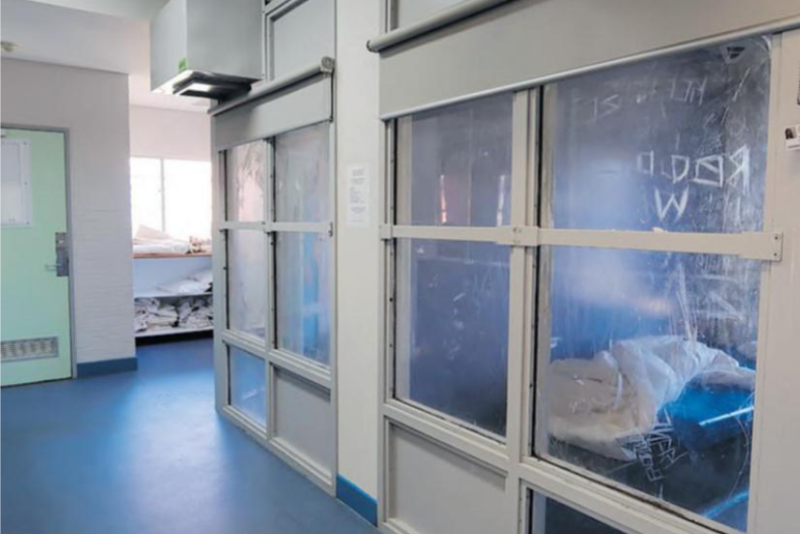
AUSTRALIA
- Julian Butler
- 22 February 2022
5 Comments
Having previously spent time as lawyer working predominantly in the Children’s Court of Victoria, there isn’t too much about the State’s treatment of young people that shocks me. That is, until a few weeks ago when I was drawn to the final item of The Weekend Australian’s editorial column. Under the heading, ‘Hurt boy’s inhuman treatment’, was set out the details of a 15-year-old West Australian boy who had been ‘locked alone in a glass-walled observation cell of a juvenile detention centre in the southern suburbs of Perth for 79 days.’
READ MORE 
-
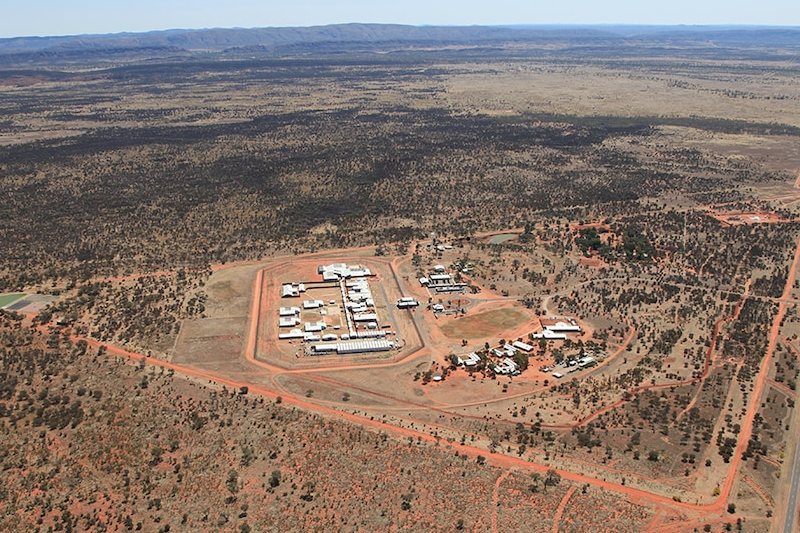
AUSTRALIA
- Julie Edwards
- 18 January 2022
2 Comments
The images are simultaneously striking and terrifying. A raging grassfire that is shooting flames into the sky and destroying nature around it and lapping perilously close to the fences around Central NSW’s Lithgow Correctional Centre. As local residents were evacuated and highways were closed to protect public safety when the fire raged out of control just before Christmas in 2019, 400 prisoners remained detained.
READ MORE 
-
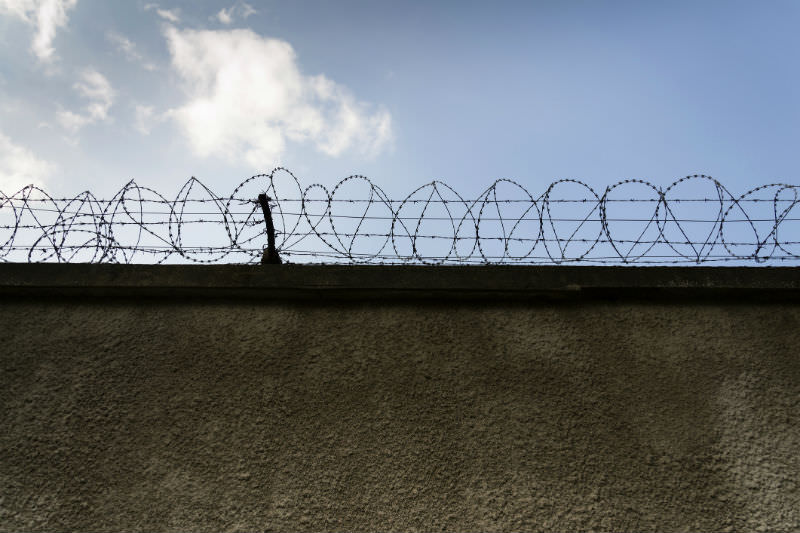
AUSTRALIA
- Julie Edwards
- 09 April 2020
6 Comments
We know that prisons are pressure cooker environments at the best of times. We can’t let them also become sites of mass infection, with potentially grave consequences, during the current COVID-19 health crisis.
READ MORE 
-
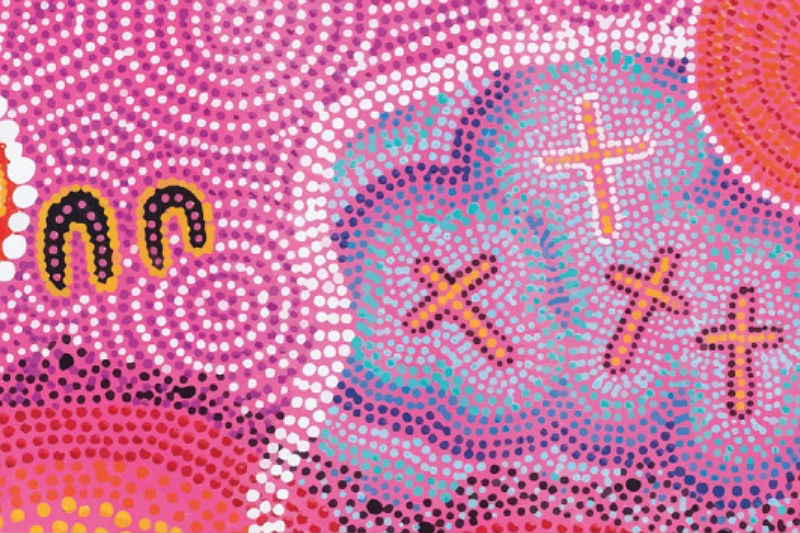
AUSTRALIA
Disabled people in Australia are being locked up, dying young and living in poverty, because they are disabled, and particularly if they are Aboriginal or Torres Strait Islander. It's been 11 years since Australia ratified the Convention on the Rights of Persons with Disabilities, yet disabled people are far from being equal to non-disabled people.
READ MORE 
-
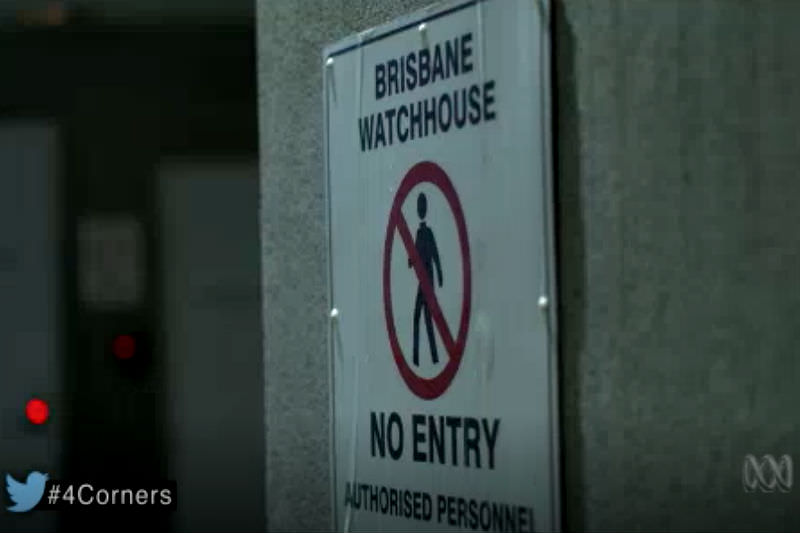
AUSTRALIA
- Julie Edwards
- 28 May 2019
6 Comments
Almost two years have passed since the youth justice royal commission prompted by the abuses at Darwin's Don Dale youth detention facility. Yet many of its recommendations remain unrealised, largely due to a lack of federal funding support. In the meantime, youth justice has remained at the crossroads in many parts of Australia.
READ MORE 
-
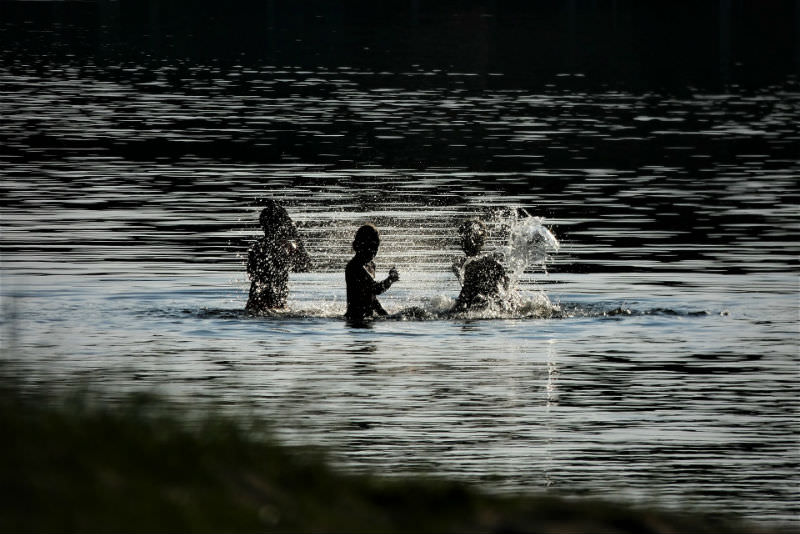
RELIGION
- Moira Rayner
- 08 January 2018
2 Comments
This royal commission has changed the public response of religious institutions, not their culture. Nor has it altered the culture at the political pointy ends of state, territory or national government. The cause of the misuse of power over children was our refusal to take a child's world view as seriously as our own adult priorities.
READ MORE 
-

RELIGION
- Moira Rayner
- 07 December 2017
40 Comments
This royal commission has changed the public response of religious institutions, not their culture. Nor has it altered the culture at the political pointy ends of state, territory or national government. The cause of the misuse of power over children was our refusal to take a child's world view as seriously as our own adult priorities.
READ MORE 
-
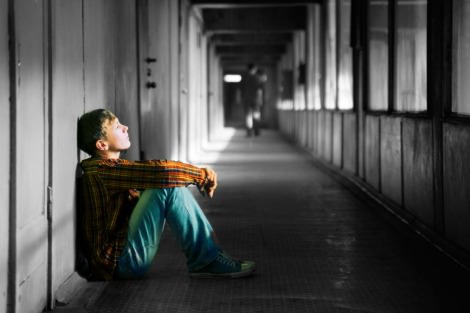
AUSTRALIA
- Julie Edwards
- 15 March 2017
6 Comments
At present the tornado that has raged in youth justice has abated. Disturbing images from Don Dale led to a royal commission in the Northern Territory. In Melbourne, public fears about gang violence, carjackings, robberies and youth detention centre riots were followed by the placing of many young people in an adult facility and a pledge to build a new prison for young offenders. This pause offers time for reflection on the human reality and needs of children who are involved in the justice system.
READ MORE 
-
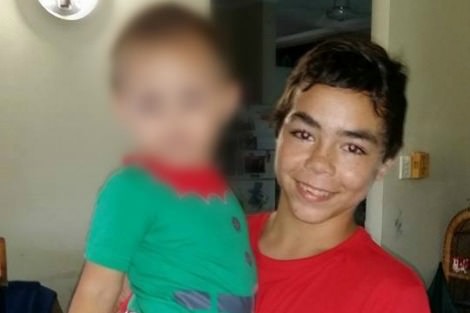
AUSTRALIA
- Kate Galloway
- 13 January 2017
4 Comments
The Minister has committed to improving youth detention facilities, the appointment of 100 more staff, and revision of Victoria's youth detention policy. But in doing so, she has sheeted home blame to the former government, and has accused lawyers for the children of pandering to ideology. The government's discourse continues the tough-on-crime narrative rather than acknowledging the causes and contexts of juvenile offending and the consequences of appalling facilities on the youth who are detained.
READ MORE 
-
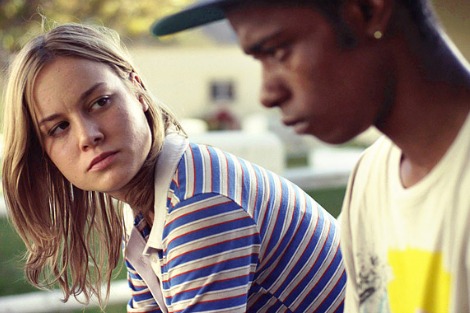
ARTS AND CULTURE
- Tim Kroenert
- 19 December 2013
Grace is both a character and a state of being. As the lead supervisor of a foster care facility, she oversees her charges with a combination of firmness and friendship. She strictly enforces rules and protocols while remaining unerringly empathetic, easily glimpsing the pain and trauma that lies just beneath the hostile or eccentric facade. But her power of empathy has its roots in past experience that threaten to smother her present.
READ MORE
-
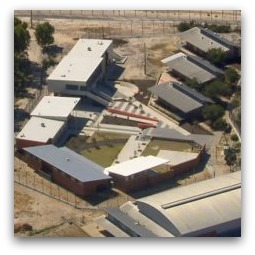
INTERNATIONAL
- Andrew Hamilton
- 07 March 2013
9 Comments
In Australia the child's welfare is trumped by the demands of a justice system focused on containment of risk, and by populist calls to get tough on crime. When offending children are seen through a judicial lens, and justice is seen as retributive, the support society offers them to become responsible adults is fragmented.
READ MORE 
-

RELIGION
- Frank Brennan
- 02 May 2011
1 Comment
Jesuit Social Services recently set up a project in Alice Springs to resource the local parish and local Aborigines who want to take more control of their own lives. If we are to get our teeth into issues of acute injustice, we need to eyeball both the decision makers and those affected by those decisions.
READ MORE